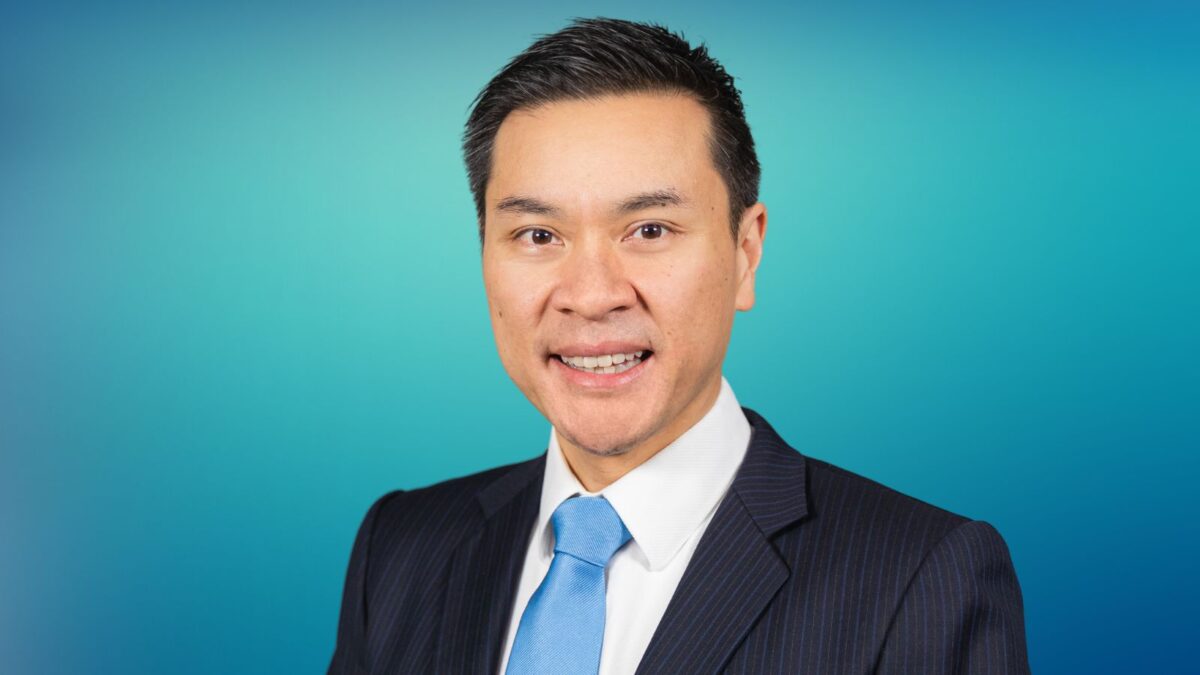‘More need than ever’ for investment governance advice
The trend towards investment internalisation has seen super funds turn away from traditional asset consultant fare like asset allocation and manager search. But the more a fund insources its investments, the more complicated its model becomes.
“It’s true that a lot of superannuation organisations have increased their internal resourcing, but at the governance level (the asset consultant) is very much required; it’s a case of how that’s then implemented through the organisation,” says Bill Dwyer, senior consultant at JANA. “We’re finding that there’s more need than ever for this advice and tailoring it specifically to the needs of superannuation organisations, as well as insurance, not for profit, wealth partnerships and family office investors.”
An investment manager or team can lose a fund basis points, but governance can cost them percentages, while internal investment teams sometimes endure less scrutiny than their external counterparts according to Frontier. And JANA is also seeing more demand for its advice on net zero objectives and frameworks for “systematically implementing” those objectives at the portfolio level.
“So they’re seeking a framework to clarify what levels of current net zero alignment are achievable within each asset class and where to best implement increased exposure to climate solutions from a portfolio perspective,” Dwyer says.
“It’s focusing on both the (portfolio) decarbonisation side and the investment solution side.
“We believe that we need a sustainable environment and society to deliver the best long-term investment returns so we hold ourselves accountable for the impact we have on the environment and society.”
That necessitates taking a long-term universal ownership mindset to portfolio construction and a “system-wide approach” to delivering better investment and real world outcomes. But matching that universal ownership model – where large institutional investors find it difficult to diversify away from system-wide risks – with short-term performance measurement can be tough.
“We’re constructing portfolios to ensure that they’ve got a good prospect of achieving the investment objectives of an organisation, which could include net zero carbon emissions, but also managing the investment risks that matter to the organisation – like underperformance against the YFYS benchmarks or peers, and then carefully managing liquidity risks and fee budgets,” Dwyer said.









